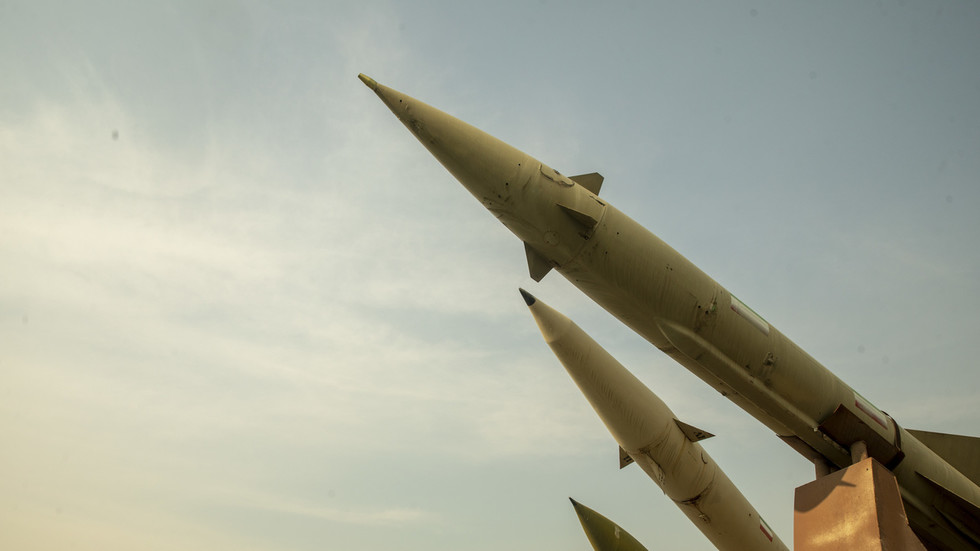In recent statements, Iranian Brigadier General Ebrahim Rostami has claimed that Iran possesses military weapons deemed superior to nuclear arms, a provocative assertion made amidst rising tensions with Israel. This claim comes in response to discussions among Iranian lawmakers who have called for a revision of the country’s non-nuclear military doctrine due to perceived threats from Israel, which has reiterated its intention to strike Iranian nuclear and oil infrastructure. Rostami’s background as a former member of the Islamic Revolutionary Guard Corps (IRGC) lends weight to his assertions, particularly given his references to highly classified and confidential military capabilities, which lawmakers allegedly lack full awareness of.
Rostami cited past military actions as evidence of Iran’s advanced capabilities, recalling the 2019 attack on oil tankers in the United Arab Emirates, which he implied involved Iranian tactical operations. He highlighted the incident to illustrate Iran’s ability to conduct covert attacks without detection. He referenced that prior U.S. sanctions under former President Trump’s administration prompted various tactical operations designed to counteract pressures on Iranian oil exports. This acknowledgment of previous operations suggests a history of Iran employing sophisticated responses against external threats, albeit shrouded in ambiguity regarding specific details.
The growing tensions between Iran and Israel have intensified recently, particularly following targeted killings of key Hamas and Hezbollah figures, including an Iranian general, by the Israel Defense Forces (IDF). In retaliation, Iran executed a significant missile strike on October 1, purportedly aimed at military sites, further demonstrating its readiness to confront Israeli military actions directly. These retaliatory actions indicate a cyclical pattern of aggression that could lead to escalated conflict in the region, particularly as Iran appears determined to assert military strength in the face of Israeli threats.
Responding to this precarious situation, Israeli Defense Minister Yoav Gallant issued warnings of “deadly, pinpoint accurate, and surprising” retaliations against Iran. Israeli officials have openly discussed plans for substantial strikes against Iranian energy infrastructure. This rhetoric amplifies concerns over a potential military escalation, as both sides appear entrenched in their positions. The Israeli government’s posture is informed by a belief in the necessity of decisive action to prevent Iran from becoming a nuclear power, while Iran maintains a stance of preparedness to retaliate vigorously against any attacks on its territory or resources.
There are wider implications for both Iranian and Israeli military strategies, particularly regarding energy and nuclear capabilities. Iranian sources have indicated that any Israeli strikes on its oil infrastructure would likely prompt retaliation targeting Israeli oil refineries and other critical energy assets. This exchange suggests a dangerous doctrine of mutual assured destruction, stemming from the notion that both countries could suffer significant economic and infrastructural damage should hostilities escalate further. Such developments threaten to draw in regional actors and could destabilize an already volatile Middle East.
Amidst this backdrop, Rostami’s comments signal a potential shift in Iran’s military doctrine, as lawmakers advocate for reassessing the country’s nuclear policy in light of external threats. This push reflects a broader strategy to not only maintain deterrence but potentially adopt a more aggressive posture in defending national interests. His emphasis on the existence of super weapons could be interpreted as Iran attempting to assert its military narrative and capability, attempting to deter adversaries while rallying domestic support around a revised military agenda in an increasingly complex geopolitical landscape.

